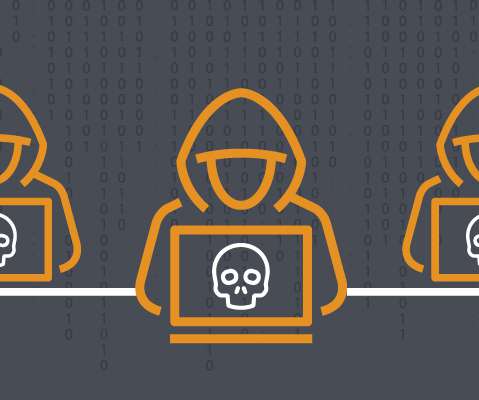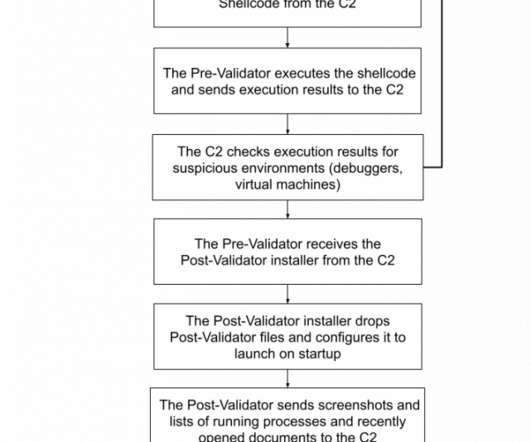Who’s Hacking You?
Webroot
MARCH 9, 2021
One of the reasons why there’s so much cybercrime is because there are so many ways for cybercriminals to exploit vulnerabilities and circumvent even the best defenses. Take a deep dive into the three main hacker types and get tips on how to defend against them by downloading the e-book, Hacker Personas: a deeper Look Into Cybercrime.














Let's personalize your content